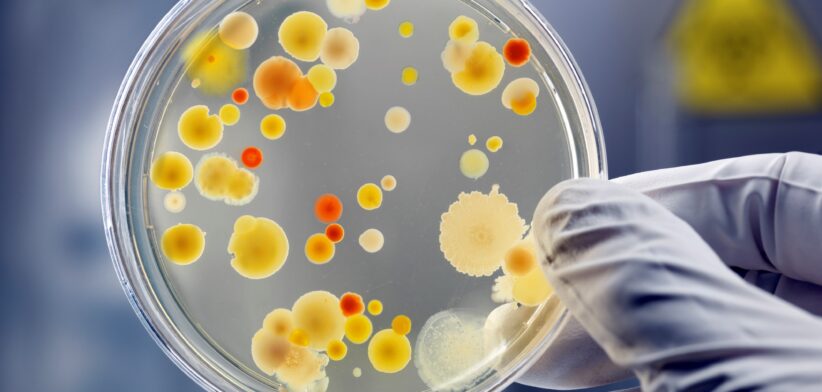If you’re keen to share the bacteria living on your body, Brisbane is the place to be.
The river city is home to Australia’s first comprehensive human microbiome biobank and is calling for volunteers to donate samples.
The Australian Human Microbiome Biobank (AHMB) opened today at Brisbane’s Translational Research Institute and is looking to research the trillions of microorganisms that make up the human microbiome.
AHMB director and QUT Professor Gene Tyson said the human body was home to diverse communities of bacteria, fungi, viruses and other organisms that were intricately linked to human health.
Professor Tyson said the human microbiome was associated with many diseases, including cancer, and the majority of microorganisms had yet to be cultured in the laboratory.
He said scientists at the AHMB would culture thousands of microorganisms from the human body for the first time and help researchers around the world develop new microbiome-based health solutions.
“These microorganisms influence many functions. They serve as the first line of defence against pathogens, aid in nutrient metabolism, help train and regulate the immune system, and produce thousands of bacterial metabolites that influence signalling pathways throughout the body.”
Professor Tyson said research had shown that imbalances in our microbiome had been associated with numerous health problems including inflammatory disorders, metabolic diseases and certain types of cancer.
“The more we learn about this vast and complex ecosystem, the more apparent it becomes that the human microbiome plays a critical role in health and disease,” he said.
“However, more than 70 per cent of the thousands of microbial species that live in and on the human body have never been grown in the laboratory. This makes it difficult to study the diverse ways they influence human health and to develop new treatments.”








